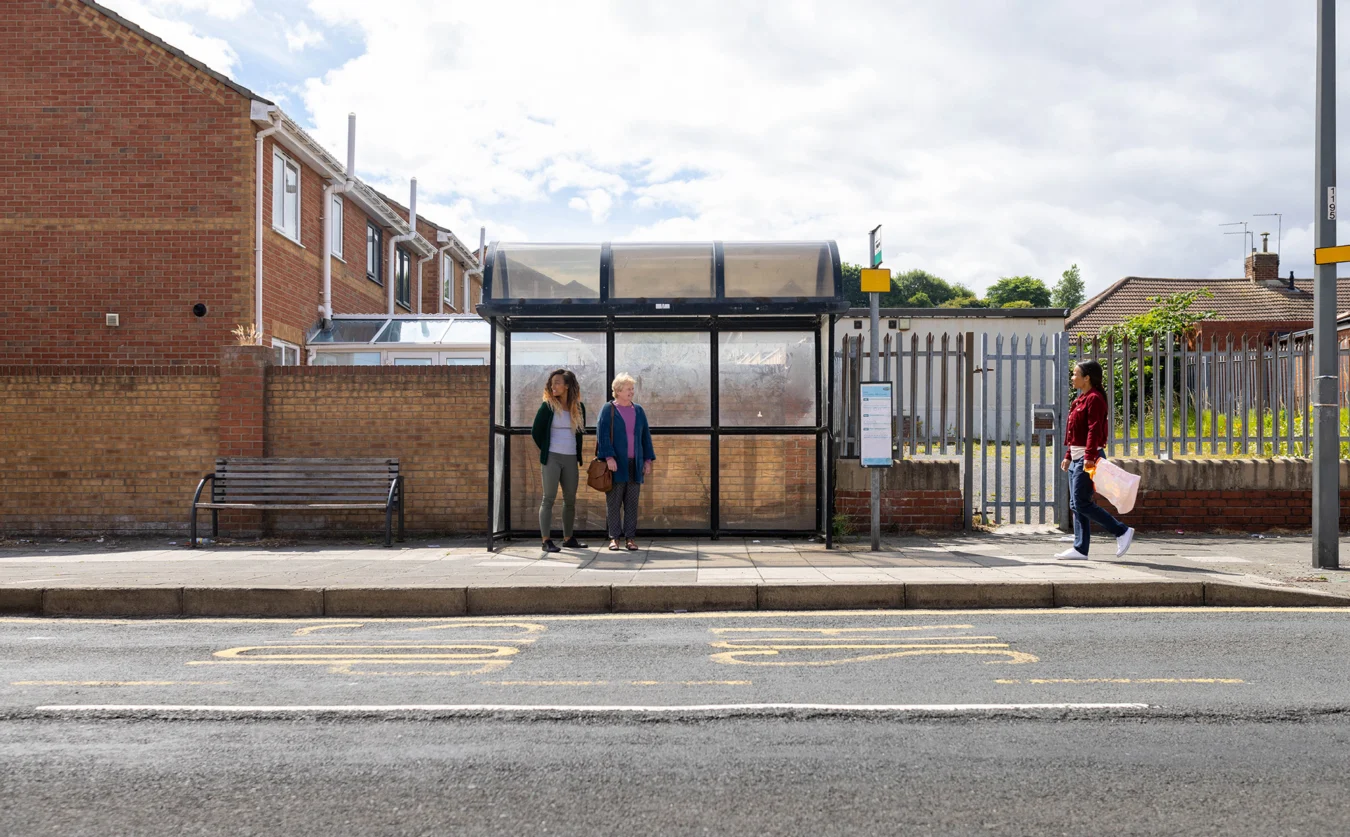
August 27, 2024
Everyone needs comprehensive, affordable health care to thrive. Access to providers and medications is essential, but it takes a lot more to be healthy. To see your doctor, you need money to pay for transit. To maintain stability, you need a roof over your head.
The Shriver Center on Poverty Law applies a multi-faceted approach to fight for health justice because people don’t lead single-issue lives. That’s why we fully support Illinois’ innovative proposals for Medicaid funds.
The Centers for Medicare and Medicaid (CMS) allows states to apply for 1115 waivers to pay for experimental programs that address the root causes of health inequities. Last month, CMS approved the state’s application to use Medicaid funds for assistance with nutrition, housing, violence reduction and prevention, and transitions out of incarceration. It makes Illinois the first state to tackle such a broad range of social factors through Medicaid.
A person’s health is determined by many elements outside of their control. In fact, one of the top predictors of life expectancy is a person’s zip code at birth. Due to the legacy of redlining, Black people are more likely to live in communities with food deserts and fewer economic opportunities — circumstances that contribute to negative health outcomes.
“Making our state healthier takes a holistic approach,” said Stephanie Altman, director of health justice for the Shriver Center, who wrote a letter of support for the state’s waiver application. “Structural racism affects your proximity to hospitals and healthy food. It influences which communities are over-policed and who ends up in prison. Expanding Illinois’ Medicaid is a major victory for racial and economic justice.”
CMS issues waivers so that states can tailor their Medicaid programs according to the needs of their populations. Federal administrations can alter waivers to suit political objectives. For example, the Trump administration approved 1115 proposals that imposed work requirements on Medicaid recipients, making it harder for people to receive the health care they need. The Shriver Center applauds the current administration’s decision to roll back those rules.
In Illinois, the new services available through the 1115 waiver will apply to people who meet certain criteria. Supports include:
Food and nutrition services
Housing assistance
Transition from incarceration
Non-medical transit
Violence prevention and intervention
Although Illinois’ proposal goes the furthest, other states are taking creative approaches to their 1115 waivers. Arizona, New York, Oregon, and Washington will use these waivers to offer housing and food assistance to qualifying Medicaid recipients for up to six months. CMS gave Massachusetts approval to provide temporary housing for new migrants.
Going forward, the Shriver Center will help ensure successful implementation of Illinois’ 1115 waiver, but these experimental programs are not enough. The waivers expire after five years, and renewal is never guaranteed. Another limitation is that the federal government requires 1115 waivers to be budget-neutral, meaning they can’t exceed federal dollars allotted to the state’s Medicaid program.
To ensure a healthier future for all Americans, Illinois and the country should look to permanent solutions that recognize the role that systems play in poverty and disparate health outcomes. Achieving real health equity will require removing barriers due to race, gender equity, and immigration status.
We are intentional about addressing barriers to healthcare that specific communities experience.